eCommerce
E-commerce single and multi-vendor software platforms are essential tools for businesses looking to establish or expand their online presence and sell products or services over the internet. These platforms provide the infrastructure and functionality needed to create and manage online storefronts, process transactions, and facilitate communication between buyers and sellers. Here's a closer look at both single and multi-vendor e-commerce software:
Single Vendor E-commerce Software
Single Seller Model:
In single vendor e-commerce software, there's typically only one seller or merchant who owns and operates the online store. This model is suitable for small businesses, startups, or individual entrepreneurs looking to sell their products directly to consumers without involving third-party sellers.
Simplified Setup:
Single vendor e-commerce software platforms often offer streamlined setup processes, making it easy for sellers to create and customize their online stores quickly. They typically include intuitive website builders, customizable templates, and drag-and-drop design tools to help sellers create professional-looking storefronts without the need for extensive technical expertise.
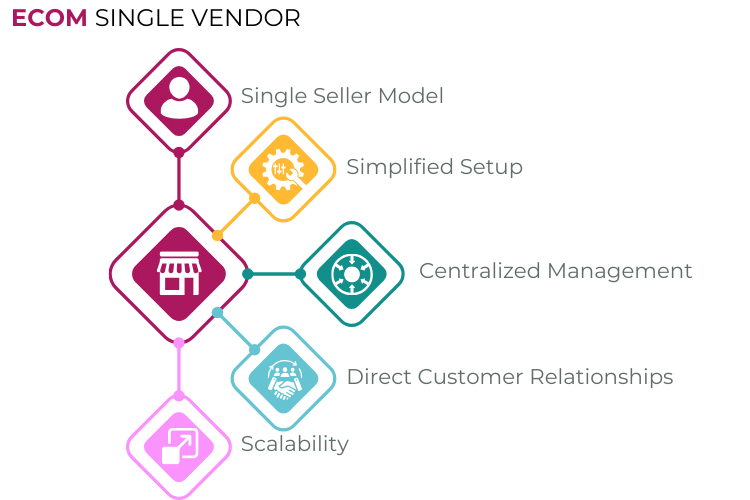
Centralized Management:
With single vendor e-commerce software, sellers have full control over their online stores and product listings. They can manage inventory, pricing, discounts, promotions, and shipping options from a centralized dashboard, simplifying the management of their e-commerce operations.
Direct Customer Relationships:
Since there's only one seller involved, single vendor e-commerce software allows sellers to establish direct relationships with their customers. This enables personalized communication, targeted marketing campaigns, and better customer service, fostering trust and loyalty among buyers.

Scalability:
While single vendor e-commerce software is well-suited for small-scale operations, it may lack the scalability needed to support rapid growth or accommodate large volumes of traffic and transactions. Sellers may need to migrate to more robust platforms as their businesses expand.
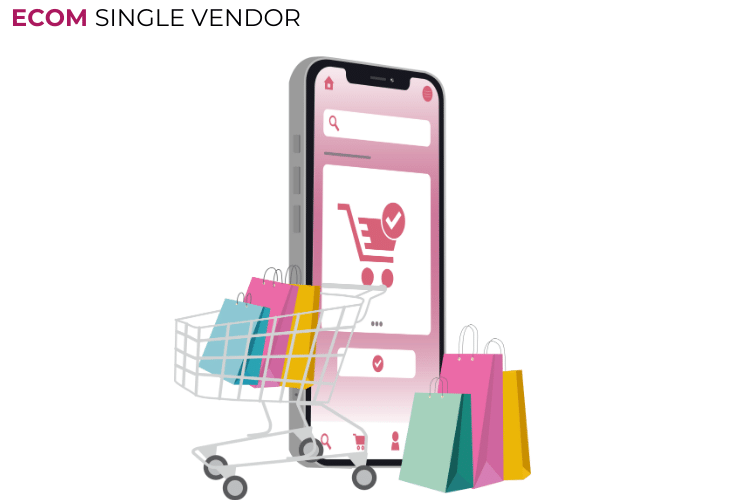
Multi-Vendor E-commerce Software
Multiple Sellers:
Multi-vendor e-commerce software allows multiple sellers or vendors to list and sell their products on a single platform. This model is ideal for online marketplaces, where buyers can choose from a wide range of products offered by different sellers.
Diverse Product Catalog:
With multi-vendor e-commerce software, buyers have access to a diverse product catalog encompassing a variety of categories, brands, and price points. This increases choice and competition, driving customer engagement and satisfaction.
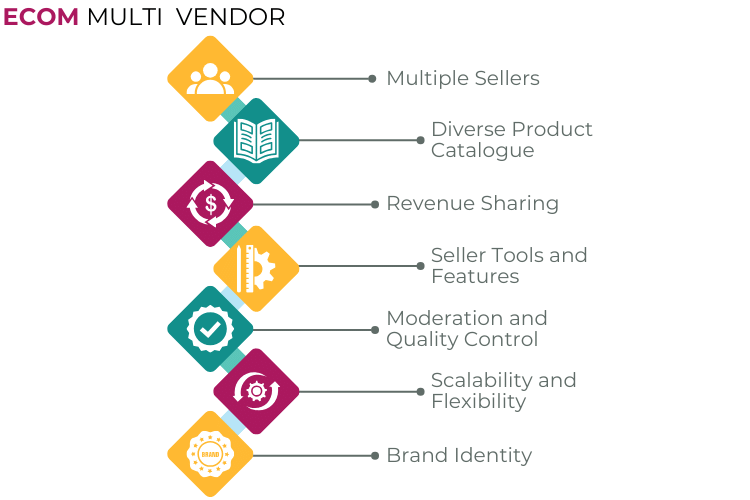
Revenue Sharing:
In a multi-vendor model, the platform operator typically earns revenue through various monetization strategies, such as subscription fees, listing fees, commission on sales, or advertising. Sellers may be required to pay a percentage of their sales revenue to the platform as a commission.
Seller Tools and Features:
Multi-vendor e-commerce software provides sellers with a range of tools and features to manage their storefronts and product listings effectively. This includes seller dashboards, inventory management, order fulfillment, customer communication, and performance analytics.
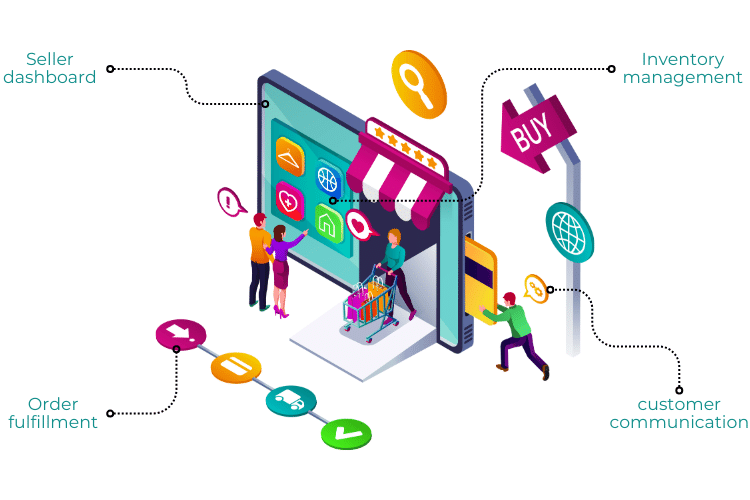
Moderation and Quality Control:
To maintain quality and ensure a positive user experience, multi-vendor e-commerce platforms often implement moderation and quality control mechanisms. This may include seller verification processes, product approval procedures, and customer feedback systems to identify and address issues promptly.
Scalability and Flexibility:
Multi-vendor e-commerce software is highly scalable and flexible, capable of supporting a growing number of sellers, products, and transactions. The platform can accommodate increased traffic and sales volume while providing a seamless shopping experience for buyers and sellers alike.
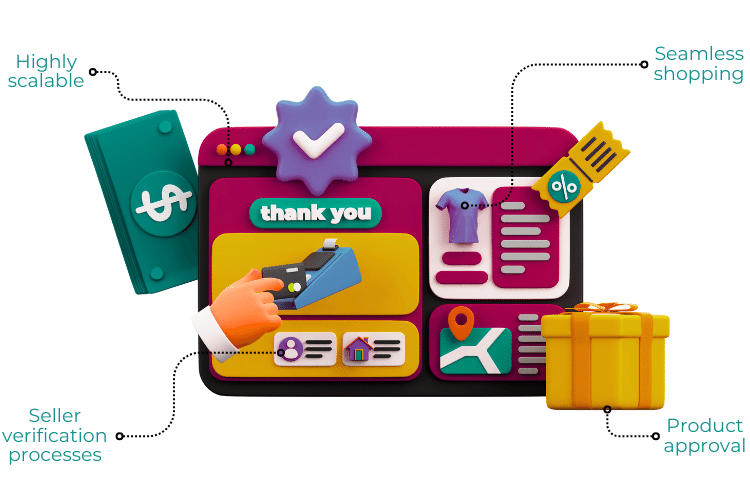
Brand Identity:
While multi-vendor platforms host multiple sellers, they still allow sellers to maintain their brand identity and customize their storefronts to reflect their unique brand image. This enables sellers to differentiate themselves from competitors and build brand recognition among customers.

In conclusion, both single and multi-vendor e-commerce software platforms offer unique advantages and cater to different business models and objectives. Whether you're a single seller looking to establish your own online store or a platform operator seeking to create a thriving online marketplace, choosing the right e-commerce software is essential for success in today's digital economy.
